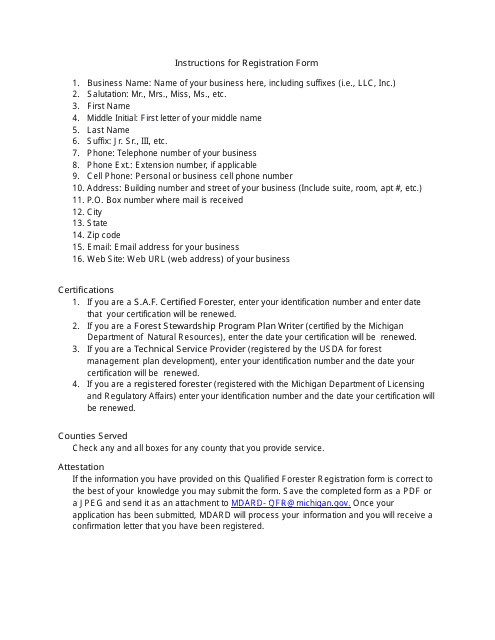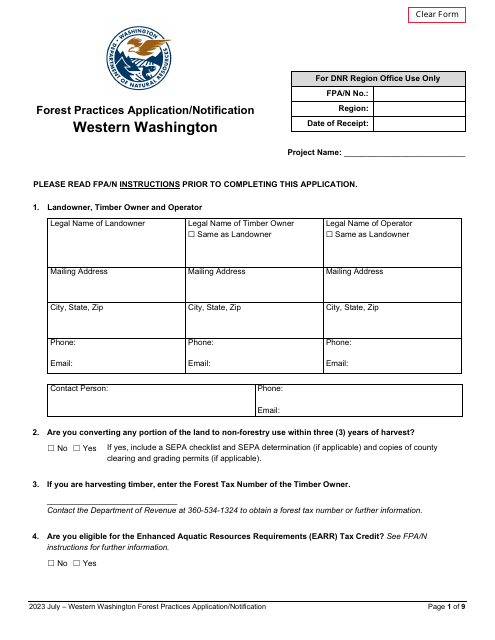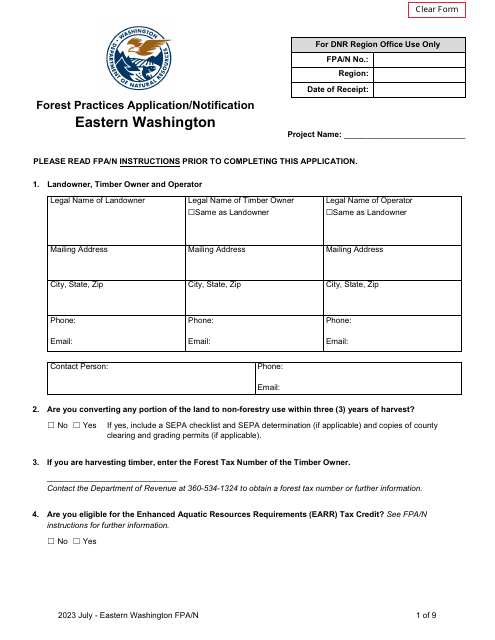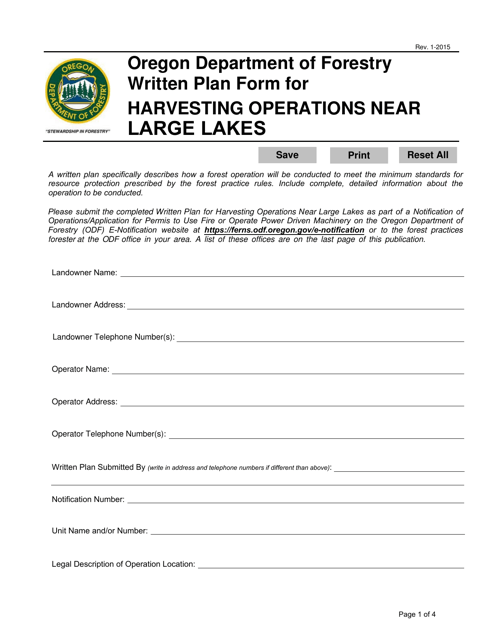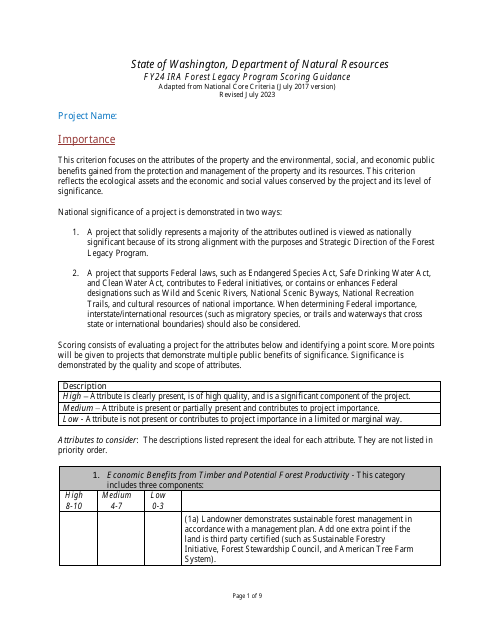Forestry Practices Templates
Forestry Practices: Promoting Sustainable Forest Management
Forestry practices play a crucial role in ensuring the sustainable management of our precious forest resources. These practices encompass a wide range of activities aimed at maintaining and enhancing the health, diversity, and productivity of forests while mitigating the potential negative impacts on the environment. Also sometimes referred to as forest management or silviculture, forestry practices are implemented by knowledgeable professionals across various regions.
Implementing forestry practices involves a thorough understanding of local regulations and guidelines. For instance, in Michigan, qualified foresters are required to complete an Instructions for Qualified Forester Registration form to demonstrate their expertise. Similarly, in Western and Eastern Washington, forest landowners and operators must submit a Forest Practices Application/Notification to comply with state regulations.
Forestry practices also extend to the licensing of forest products operators. In Maryland, individuals involved in the harvesting and processing of forest products must complete an Application for Maryland Forest Products Operators License. This ensures that the operations are conducted in a responsible and sustainable manner, minimizing the impact on the forest ecosystem.
By adopting forestry practices, we can promote the long-term health, sustainability, and economic viability of our forests. These practices not only benefit the environment but also support the timber industry, recreation, wildlife habitat, and carbon sequestration efforts. Whether you're a landowner, forester, or operator, understanding and adhering to forestry practices is essential for fostering a harmonious relationship between humans and forests.
Documents:
8
This Form is used for registering as a qualified forester in the state of Michigan.
This document is used for applying for a Forest Products Operators License in the state of Maryland.
This form is used for planning and documenting harvesting operations near large lakes in Oregon. It ensures that harvesting activities are conducted safely and in accordance with regulations to protect the lake ecosystem.

